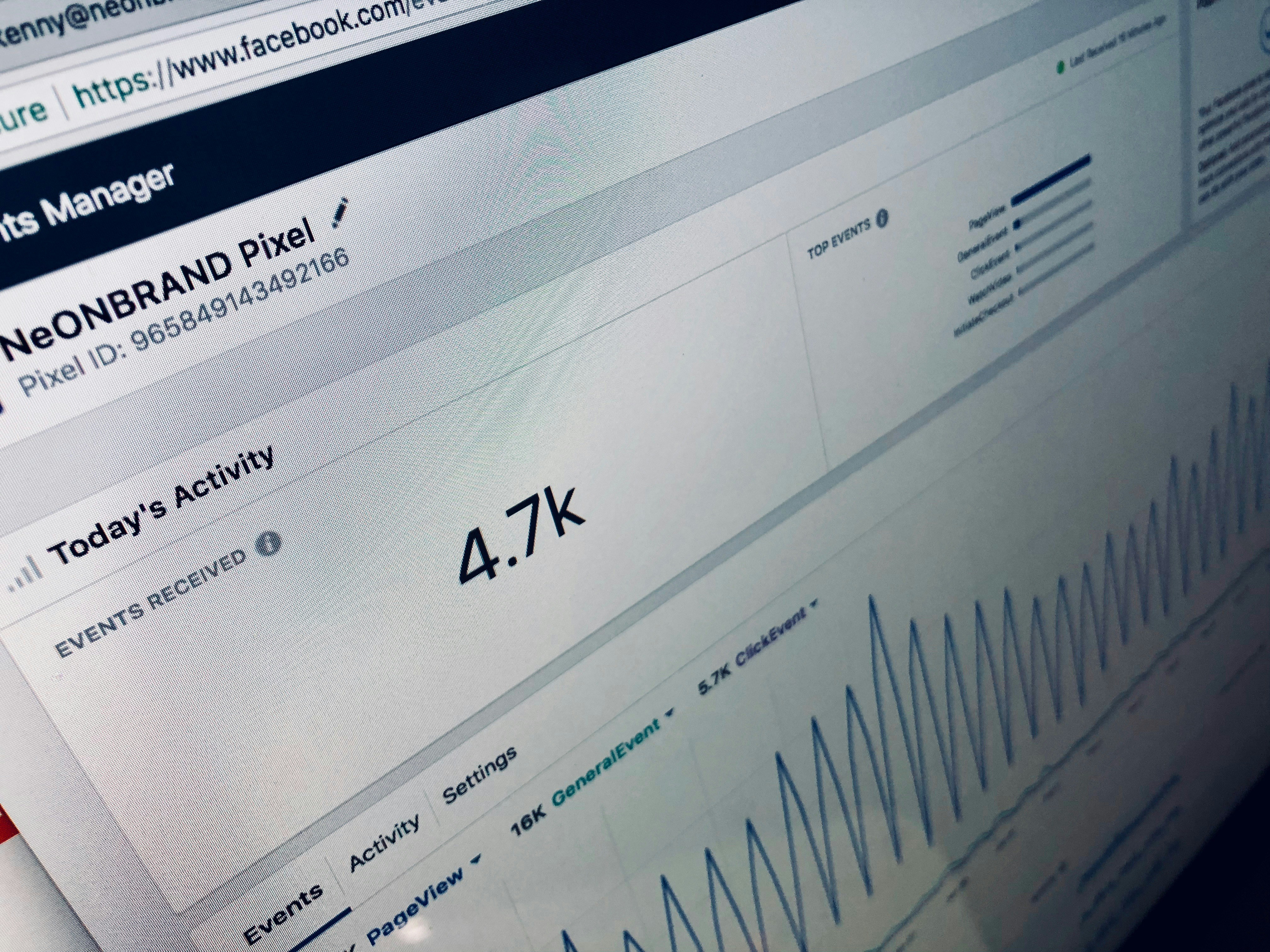Fintech Innovation: Blockchain and AI in Financial Services
Fintech Innovation: Blockchain and AI in Financial Services
Fintech is revolutionizing finance with blockchain and AI. Learn how Stripe, Coinbase, and traditional banks are adopting new technologies.
Fintech Disruption
Financial technology is fundamentally democratizing access to financial services by leveraging innovative technologies to create more inclusive, efficient, and transparent financial systems that serve underserved populations and challenge traditional banking models. This disruption is driven by the convergence of mobile technology, artificial intelligence, blockchain, and regulatory changes that are breaking down barriers to financial inclusion. Fintech companies are improving operational efficiency through automation, reducing transaction costs, and creating new business models that traditional financial institutions struggle to match. The impact extends beyond cost savings to create entirely new financial products and services, such as micro-lending platforms, peer-to-peer payment systems, and automated investment advisors that were previously unavailable or too expensive for average consumers. This transformation is not just about adopting new technologies—it's about reimagining the entire financial services ecosystem to be more accessible, more efficient, and more responsive to customer needs. As fintech continues to evolve, it's creating a more competitive and innovative financial landscape that benefits both consumers and businesses.
Blockchain Applications
- Cryptocurrency: Digital assets and payments that enable instant, low-cost transactions across borders without traditional banking intermediaries, creating new economic opportunities for unbanked populations
- Smart Contracts: Automated financial agreements that execute automatically when predefined conditions are met, eliminating manual processing and reducing the risk of contractual disputes
- Cross-Border Payments: Faster, cheaper transfers that bypass traditional correspondent banking networks, reducing settlement times from days to minutes and cutting transaction costs significantly
- Identity Verification: Secure KYC processes that use blockchain to create immutable digital identities, reducing fraud while maintaining privacy and enabling seamless customer onboarding
AI in Finance
- Fraud Detection: Real-time transaction monitoring systems that use machine learning to identify suspicious patterns and prevent fraudulent activities before they cause financial damage
- Algorithmic Trading: Automated investment strategies that analyze market data at superhuman speeds, executing trades based on complex algorithms that optimize returns and minimize risks
- Credit Scoring: Alternative lending models that use non-traditional data sources like social media activity, mobile phone usage, and behavioral patterns to assess creditworthiness for underserved populations
- Personalized Banking: AI-driven financial advice and product recommendations that analyze individual spending patterns, goals, and risk tolerance to create tailored financial solutions
Regulatory Challenges
Navigate compliance with evolving regulations while innovating in the financial sector.
Future Trends
DeFi, central bank digital currencies, and AI-driven wealth management will shape finance by 2026.











